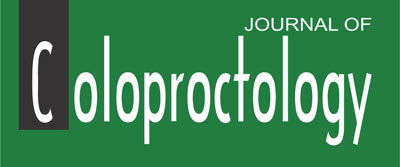Abstract
Colorectal cancer (CRC) is the third most prevalent cancer and the second most common cause of cancer death; however, its early detection can improve the survival. Colonic polyps are considered one of the CRC's major risk factors. Throughout many biological processes and malignancies, the non-coding RNAs have essential functions. Certain long noncoding RNAs (lncRNAs), including H19, were supposed to be CRC possible biomarkers. Also, H19 has been reported to play a role in regulating the activity of β-catenin, a protein that regulates cell-to-cell adhesion, as well as gene transcription. The current work aimed to investigate the potential significance of LncRNA H19 relative serum expression level by quantitative polymerase chain reaction (q-PCR) and β-catenin by enzyme-linked immunosorbent assay (ELISA) as noninvasive biomarkers to discriminate between colorectal cancer and colonic polyps. The statistical analysis of the studied factors revealed that the serum expression of H19 and β-catenin in cancer cases were substantially greater than colonic polyp cases and normal control.
Conclusion
The relative expressions of H19 and beta-catenin in the serum can significantly discriminate patients with CRC from those with polyp and normal controls, which could help when screening for CRC.
Keywords
LncRNA; H 19; β-catenin; CRC; colonic polyp

 Thumbnail
Thumbnail
 Thumbnail
Thumbnail

